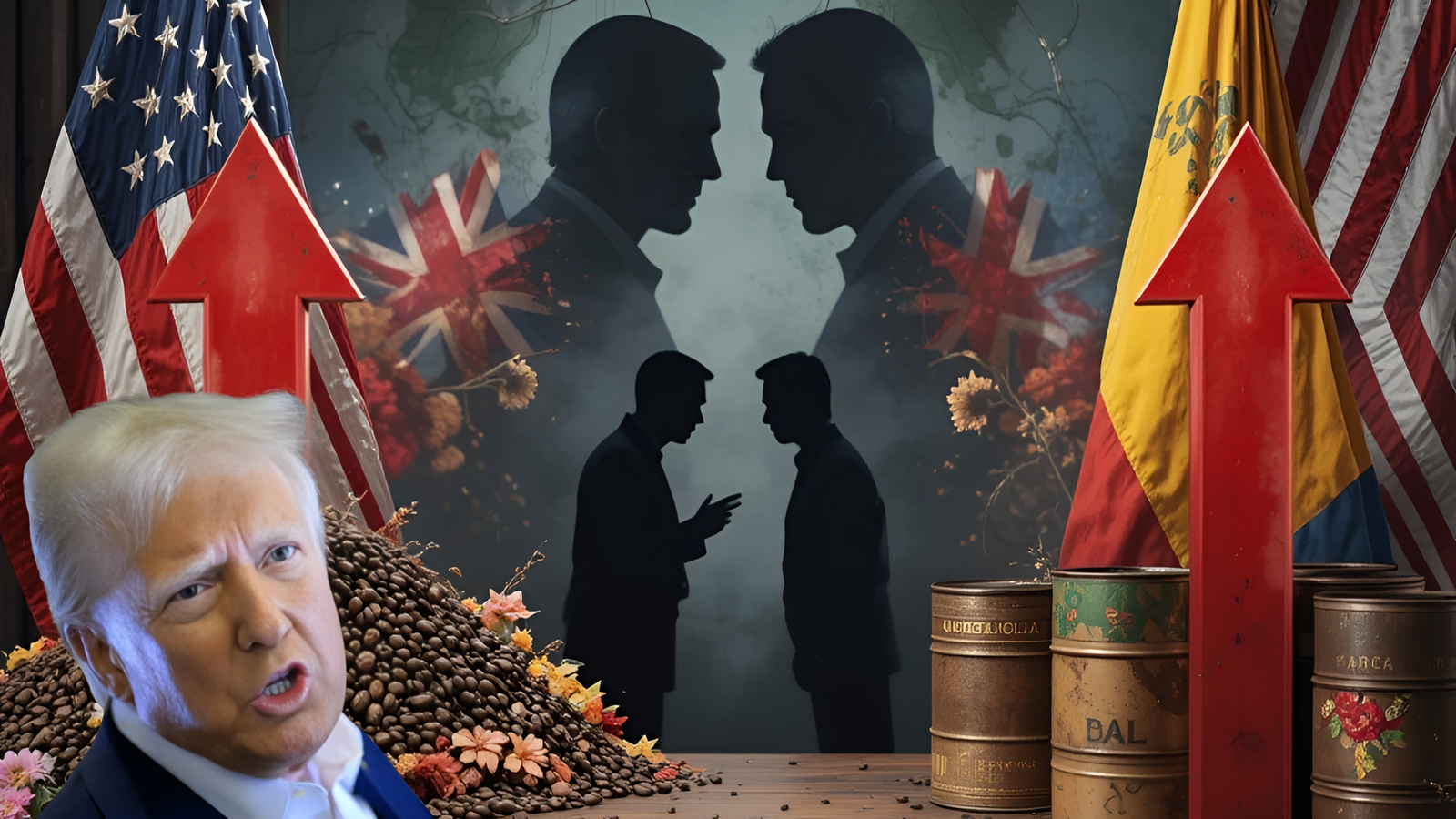
A potential trade war between the United States and Colombia could soon make coffee, flowers, and raw materials more expensive for American consumers while putting billions of dollars in U.S. exports at risk. The tensions erupted Sunday when Colombia refused to accept a U.S. military flight carrying deported immigrants, prompting swift retaliatory measures from both nations.
President Donald Trump announced on social media that he would impose an immediate 25% tariff on all Colombian imports, escalating to 50% within a week. In response, Colombian President Gustavo Petro threatened reciprocal tariffs of the same magnitude.
The United States is Colombia’s largest trading partner, with bilateral trade amounting to $53.5 billion annually, according to the Office of the U.S. Trade Representative. However, Colombian goods account for a small share of overall U.S. imports. Among the most exposed are coffee, flowers, and crude oil.
Colombia is the second-largest supplier of coffee to the U.S., providing 20% of imports, valued at $1.8 billion in 2022. With coffee prices rising 3.8% in 2024, tariffs could further strain American wallets. Cut flowers, another staple import from Colombia worth $1.6 billion annually, could also see price hikes—especially impactful ahead of Valentine’s Day.
Crude oil, Colombia’s top export to the U.S. at $5.4 billion annually, makes up a minor portion of America’s overall oil imports. However, the disruption could still ripple across industries.
While Colombia may feel the brunt of the tariffs due to its economic dependence on the U.S., American industries won’t emerge unscathed. U.S. exports to Colombia, including refined petroleum ($2.5 billion), corn ($1.2 billion), and chemicals ($1 billion), now face significant risk.
“This will hurt everyday Americans,” said a trade analyst. “From coffee drinkers to farmers, the impacts could be widespread.”
The dispute underscores growing international tensions tied to U.S. immigration policies. Trump defended the move as a stand against Colombia’s refusal to meet “legal obligations” regarding deportees, while Petro criticized the decision as heavy-handed.
Adding complexity, China the world’s second-largest economy has strengthened ties with Colombia, making it the South American nation’s No. 2 trading partner. Analysts suggest the spat could provide China with an opportunity to deepen its foothold in the region, particularly as it seeks Colombia’s oil and coffee.
Keep reading questiqa.com & questiqa.in for more updates.




